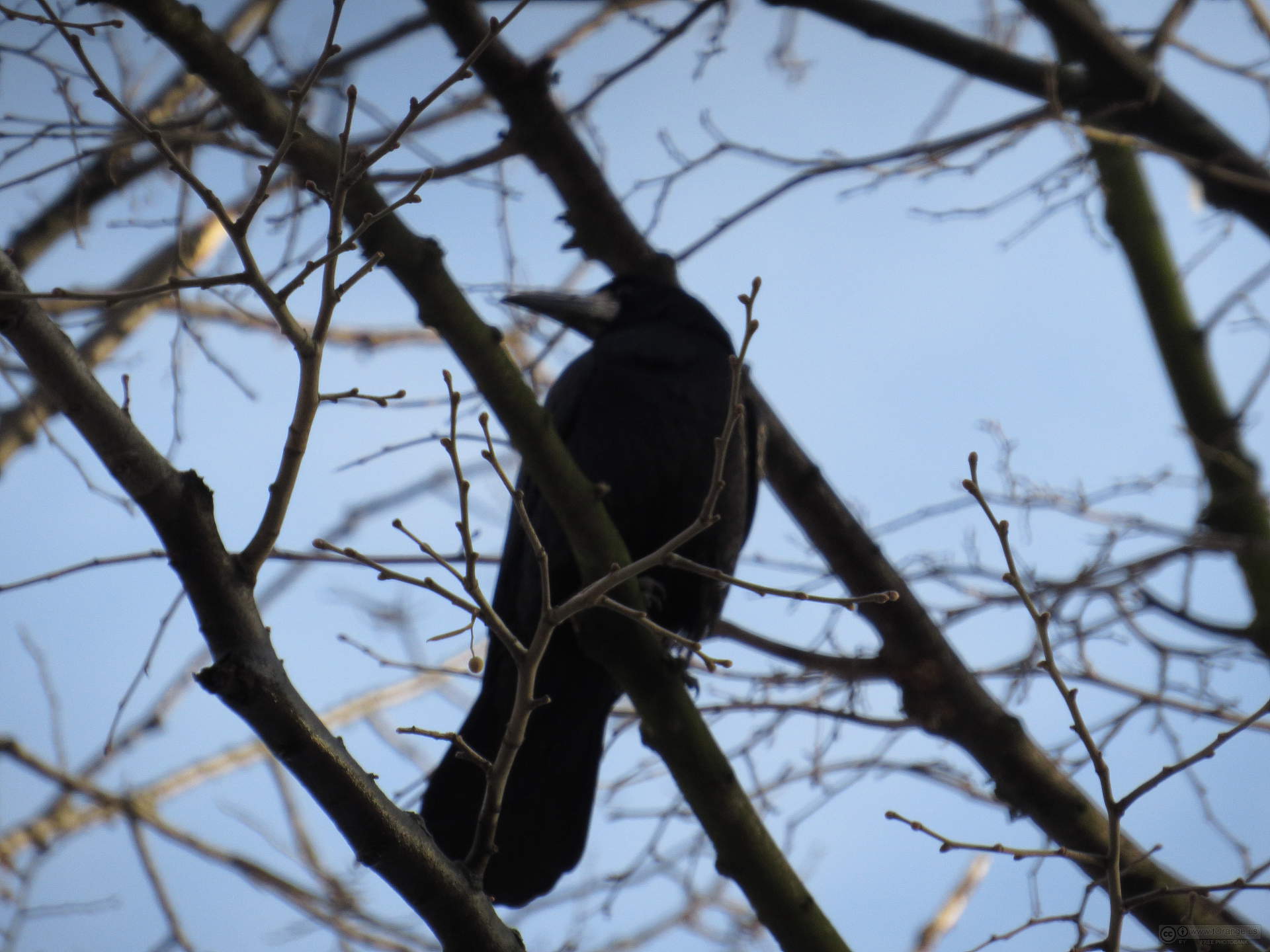
There are certain stories that seem to bear limitless retelling. Their reality already has the ring of myth. The marriage of Ted Hughes and Sylvia Plath is such a story – two poetic giants powerfully attracted and repelled like the poles of magnets; Plath’s suicide in the freezing winter of 1963; Hughes’s eternal punishment for her death, bound like Prometheus to the rock. All these things are visions, imagined versions of what went on in that marriage and after it, for the past is wholly vanished and can never be recovered.
So Max Porter, in his debut novel, comes sidelong at the story: creating a parallel world in which a father cares for his two small children after the death of his wife. It is told in three voices. “Dad” is an author struggling to finish the book he is writing (for a “scruffy, Manchester-based publisher”), Ted Hughes’s “Crow” on the Couch: a Wild Analysis. The “boys”, whose voices are not distinguished from each other, speak for childhood and the loss of childhood. The mother’s death has been sudden, a swift and terrible loss. She was there one day and gone the next, in the manner of one who commits suicide, although the cause of her death is never made quite plain. A sorrow, a mess. Into this comes the book’s third voice, Crow: anarchic, terrible, violent, careless.
Not only did Hughes’s story have the ring of myth; he was also a myth-maker, fascinated by the primal images and creatures that underlie all human imagination. His character Crow sprang up after the death of Plath, a raw voice, “unpoetic”, one that retains its power to shock. It’s a bold move on Porter’s part to attempt to answer, in a novel, a voice such as Crow’s. Porter’s Crow, at any rate, knows his archetypal nature. “I’m a template. I know that, he knows that. A myth to be slipped in. Slip up into.”
“Slip up into” – Porter understands how hard it is to slip into myth. It’s an acknowledgement that this attempt might not be successful. As its title (a riff not on Hughes but on Emily Dickinson, who also provides the book’s epigraph) tells us, grief is the subject of this book, the grief that Dad and the boys experience as they run up against the void that the mother’s death has left. And this is what is absent from the novel: any real sense of what the mother’s loss means to them. The novel’s fragmentary nature never allows for a depth of emotion. Glimpses of the physical are offered: “She won’t ever use (make-up, turmeric, hairbrush, thesaurus). She won’t ever finish (Patricia Highsmith novel, peanut butter, lip balm).” Yet the sense of the lost wife, the lost mother, as a real woman, a real mother, is never made vivid.
“We pissed on the seat,” say the boys, in revealing what her loss allows. “We never shut drawers. We did those things to miss her, to keep wanting her.” But the sound of her voice, before her death, when she found that pissed-on seat, that un-shut drawer – there’s hardly any of that here. Perhaps that’s the point: she is gone. That’s the awful absence. She cannot any longer be seen or heard. But if you think that one of the tasks of fiction is to conjure a sense – in this case, that of loss – you won’t find that here.
And Crow? How could he be as wild or as striking as his progenitor, Hughes’s Crow? “Krickle krackle, hop sniff and tackle, in with the bins, singing the hymns,” Porter’s Crow barks. It’s a brave flight but it’s too tempting simply to turn back to the original. Crow needs no other words but his own. However, it’s hard not to admire Porter for his engagement with those black plumes. Myths speak to us and we speak back. That’s how we know they are deep in us.
The novel sends the reader back to the black, terrible gleam of Hughes’s Crow:
Near the face, this hand, motionless.
Near the hand, this cup.
Crow blinked. He blinked. Nothing faded.
He stared at the evidence.
Nothing escaped him. (Nothing could escape.)
And here’s the trouble: it looks easy. Or as if it might be easy, at least, if you could access the vortex of myth and loss and passion that drew the Crow out of Ted Hughes.
Grief is the Thing with Feathers by Max Porter is published by Faber & Faber (128pp, £10)
This article appears in the 16 Sep 2015 issue of the New Statesman, Corbyn's Civil War



